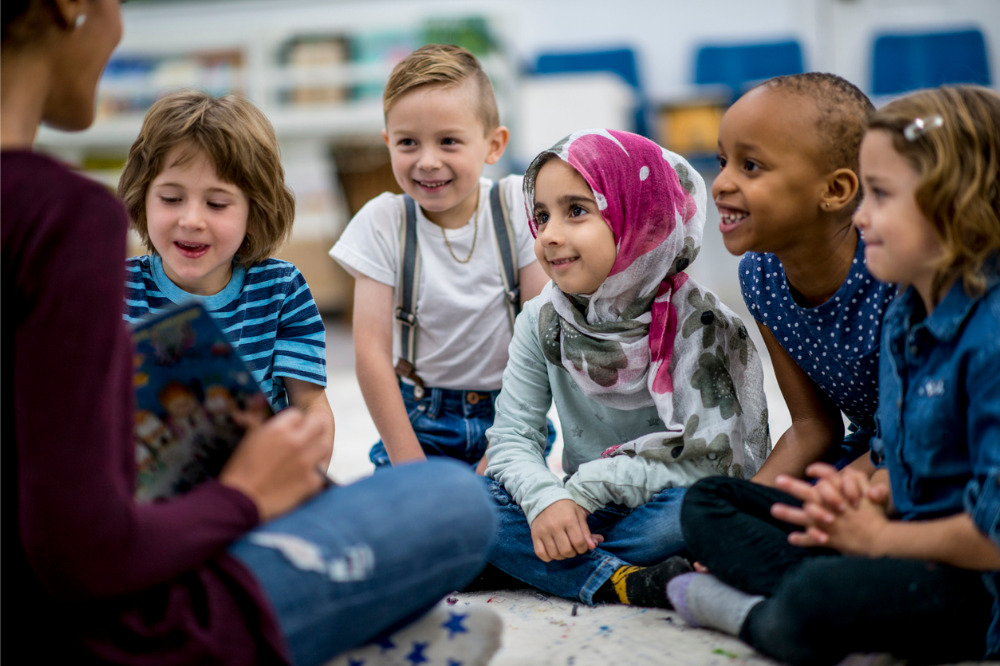
A growing body of research has shown that the simple act of play can have profound academic and social benefits for young people.
However, compared to some countries, Australia allows relatively little time for its school children to do this during their class breaks.
Because of this, there has been a push in recent years by educators, academics and many in the private sector, to convince Australia’s policymakers to adopt a more play-based approach to schooling. And some recent report add weight to this argument.
A major report by the LEGO Foundation, which looked at 26 studies of play from 18 countries, found that learning through play can close achievement gaps between children from more and less advantaged groups, helping all children develop the breadth of skills they will need throughout their lives.
Interventions that include more free play and guided play were shown to be more likely to demonstrate all five characteristics of learning through play. They also appear more likely to close achievement gaps.
The report said that while free and guided play in particular may provide unique benefits for children’s learning, and help to reduce inequality, it takes time and training for teachers to be able to facilitate it.
“It is still unclear how much training is needed and for how long, or whether to introduce the change to approaches involving learning through play incrementally or disruptively,” the report’s authors said.
“We need to know more about how best to support teachers and education systems in adopting a more play-based approach”.
Nevertheless, the report’s authors said greater investment would be valuable in teacher training, monitoring and evaluation, to help bring the benefits of play-based interventions to more early years settings.
‘Trust the process and let the magic happen’
Professor Pasi Sahlberg is the deputy director at the Gonski Institute for Education. He says that while play itself may be natural and straightforward for most people, leading children’s play in school is highly complex and demanding task for teachers.
“Unfortunately, play is too often seen as opposite to learning – something we have earned after real work is done,” Professor Sahlberg told The Educator.
“I see play, especially free unstructured play, as a nonlinear social and cognitive human activity that requires specific educational expertise to be understood adequately”.
Professor Sahlberg said rather than equipping teachers with particular pedagogic skills, they would benefit more from deeper understanding of human mind, the power of imagination, and the role of social and emotional development.
“In other words, how children learn,” he said.
“An important element in facilitating learning through play is to trust the process of play without rushing it and let the magic happen”.
‘Parents want more play in our schools’
Professor Sahlberg said that while Australia may be a bit late to the play party compared to others, it has more world-class experts and passionate practitioners pushing play back to the childhood agendas in schools and homes than most of us know.
“The problem is that the Aussie play community is currently not well organised, and collaboration is based on ad-hoc initiatives,” he said.
“I see many more schools stepping forward now to seek support in their efforts to increase play time for all children in their schools”.
Professor Sahlberg said the Gonski Institute for Education’s research shows that vast majority of Australian parents are ready for having more play in schools.
“I see a tipping point on the horizon, not too far away, when we will recognise how play is integral to children’s education, wellbeing and success in life”.


